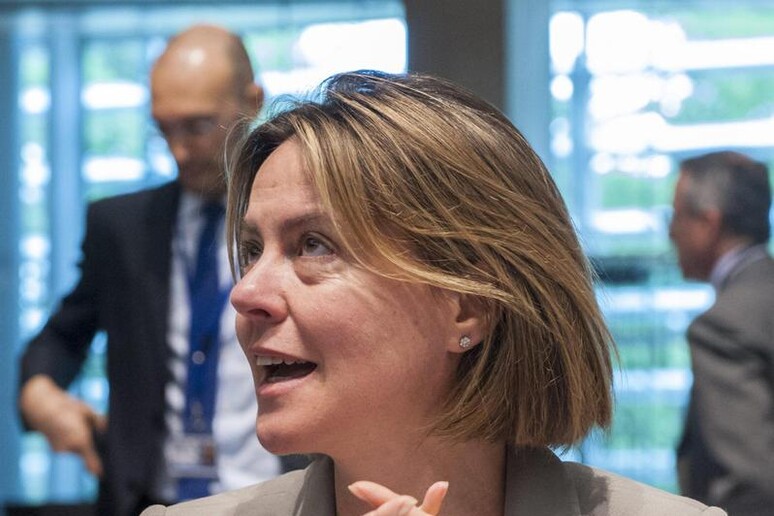A bill making donor fertility
treatments part of national health care will be submitted before
parliament's summer recess begins early next month, Health
Minister Beatrice Lorenzin told the Lower House social affairs
committee Tuesday.
Funding must be allocated to make the treatment available
in public clinics as soon as possible, the minister said.
Lorenzin also said parliament must decide whether children
born of anonymous donors have a right to find out who their
biological parent(s) are.
"This issue cannot be left up to a single minister to
decide," Lorenzin told MPs.
Her committee hearing comes a day after a
government-appointed panel of scientific experts said Monday
that nothing now stands in the way of activating anonymous sperm
banks in Italy.
From now on, public health facilities must "guarantee all
citizens the possibility of assisted reproduction via donor
gametes (eggs or sperm), without economic or territorial
discrimination," the panel said.
Italian couples unable to conceive on their own were
forbidden to use donor sperm or eggs until the supreme
Constitutional Court overturned the ban in June.
The justices struck it down because it unfairly penalized
low-income couples who could not travel abroad to seek
treatment.
Lorenzin convened the panel to make recommendations as to
how to implement the court's decision.
The public health care system must allocate money to open
"public sperm and egg banks," the experts said.
Donors should remain anonymous, and their DNA and other
data should be cross-referenced to avoid the risk of inbreeding,
the panel said.
For the same reason, the panel recommended limiting the
number of live births per donor to a maximum of 25, while also
allowing couples to conceive more than one child with the help
of gametes (sperm or eggs) from the same donor.
ALL RIGHTS RESERVED © Copyright ANSA











